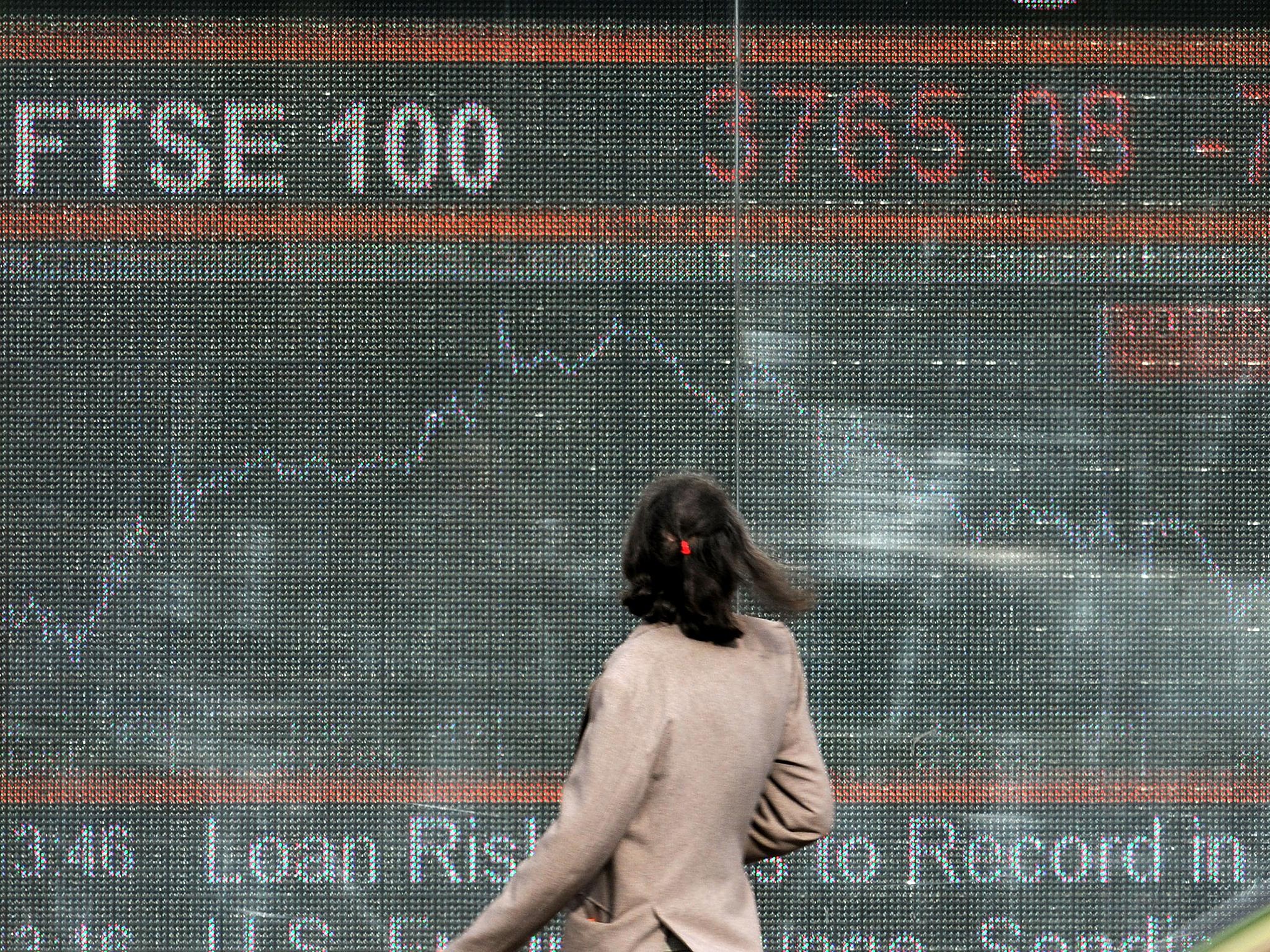When will the British economy fall into recession following the Brexit vote?
The issue is really whether this slowdown will be serious enough to dip the economy below the waterline for two quarters, or whether it will remain just above it


All economists expect, with an accord rare for that profession, that in the short term the prospect of Brexit will reduce growth. However they disagree on how serious this slow-down will be, and accordingly whether the UK economy will actually fall into recession – the conventional measure for that being two successive quarters of negative growth.
The problem is that there are two countervailing forces and no-one knows how strong either will be. On the one hand, Brexit is a negative shock, and such shocks depress growth. On the other, the authorities here, and in the US and Europe, will act to offset this, and as far as the UK is concerned the fall in the pound will boost growth in the medium-term. So the issue is really whether this slowdown will be serious enough to dip the economy below the waterline for two quarters, or whether it will remain just above it.

There probably has been some sort of slowing taking place anyway. You would expect that, as the expansion has been running for some seven years and so is pretty mature. Unemployment is down to 5 per cent and companies have been reporting skill shortages. The best indicators of future growth are the purchasing manager surveys, or PMIs, where companies are asked about their expectations for growth, hiring and so on. Ahead of the referendum they were suggesting some slowing, but they remained positive. We don’t have any PMIs yet for a post-Brexit world, so we are all flying blind. There are projections from various economists, but no official ones, and in any case all are based on expectations of how the economies might react, rather than data as to how they are reacting.
There is a further twist. It is conceivable that there will be no Brexit. It may well turn out – though I know this looks unlikely at the moment – that an accord can be reached that will keep the UK in, or at least very close, to the EU. We simply cannot know.
There have been some suggestions that the UK will indeed have a recession, but if you look at the people making them, they were usually predicting recession before all this happened.
One sensible middle-of-the-road forecast comes from HSBC. They think growth this year will be 1.5 per cent (down from a forecast 1.8 per cent) and 0.7 per cent next year (down from 2.1 per cent). So a savage hit next year to growth, but probably not actual recession. Oxford Economics is a little more hopeful, forecasting no change this year at 1.8 per cent, but a cut to 1.4 per cent (from 2.3 per cent) next year. My own guess, for what it is worth, is that we will indeed escape recession but see a sharp slowdown next year.
What might change this? The risk on one side of a really big bust-up with Europe. European politicians, fighting for their own political futures, may misjudge things, just as our own political establishment has just made a massive misjudgment. The opportunity on the other side is that the UK takes aggressive action to boost business confidence, perhaps by cutting corporation tax further, using the ultra-low interest rates to slow down the fiscal squeeze. I can’t see 2017 being a great year for the economy, but beyond that things will lighten. There is, however, a danger lurking in the shadows. Brexit is a disruption the world could do without. It comes at a bad time. If it were to trigger some sort of chain reaction whereby the world economy slows dramatically, then forecasts of us escaping recession would go out of the window. It would be small comfort that other countries would be in a mess too.
Join our commenting forum
Join thought-provoking conversations, follow other Independent readers and see their replies
Comments
Bookmark popover
Removed from bookmarks